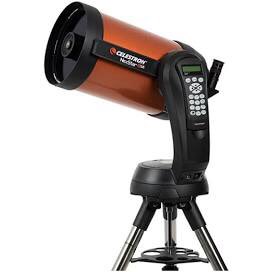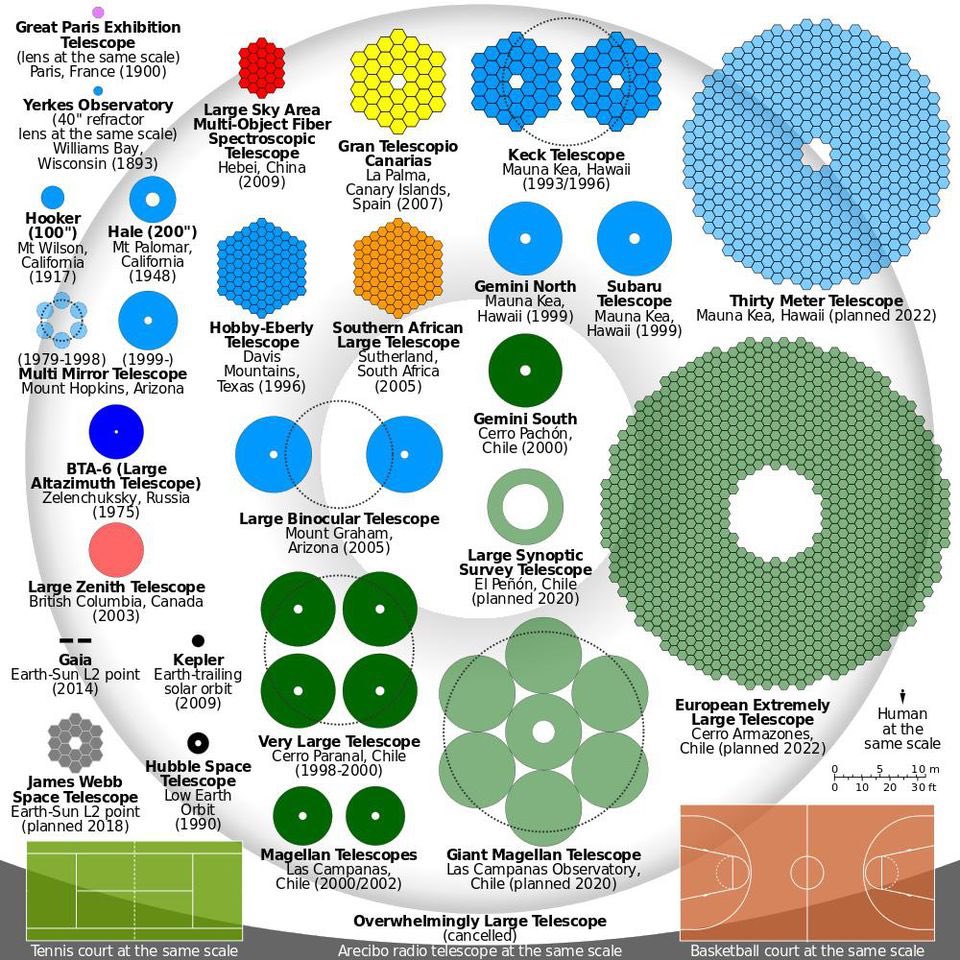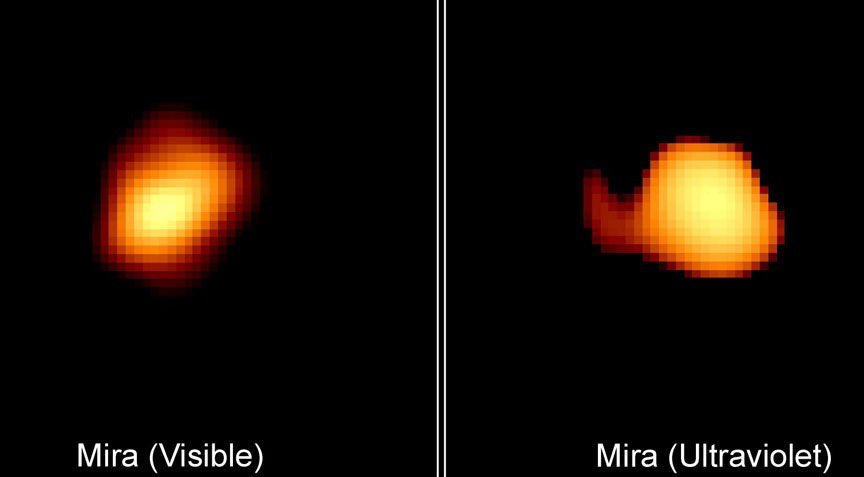Something I’ve been thinking about. The earliest telescopes after Galileo were often very high f numbers to mitigate chromatic aberration because they didn’t know how to make achromatic lenses and reflectors hadn’t been invented. So very long tubes for small apertures.
So long tubes, flatter lenses. Johannes Hevallius made the 46m long telescope in the engraving above with an objective that looks like it’s less than 6-8” in 1673.
Today you can get more power with a tube less than 0.5m long. A 100x reduction in tube length.
Today you can get more power with a tube less than 0.5m long. A 100x reduction in tube length.
This is the magic of folded optics. High quality glass of various sorts and an artful mix of mirrors and lenses gets you this 100x improvement.
Modern research scopes do even better. When I was getting into astronomy in the 80s, the Mt. Palomar 6m telescope was the largest. A traditional reflector. Now we’re on our way to 30 thanks to interferometric techniques that use segmented hexagonal mirrors https://www.forbes.com/sites/startswithabang/2017/01/25/worlds-largest-telescope-will-revolutionize-the-future-of-astronomy/#233260d8516b
These are way more powerful than Hubble but being terrestrial they are limited by atmospheric turbulence etc. But interferometric methods even buy you mitigation for that. With adaptive optics you can probe turbulence with a laser and adjust your segmented mirror to compensate.
Of course, it’s even better if you can put such advanced telescopes in space, and create synthetic apertures out of individual physical optical elements 100s of miles apart. Part of my PhD work 20y ago was on scheduling algorithms for such “large baseline space interferometers”
The largest of such concepts that had a shot at being launched was the TPF (Terrestrial Planet Finder), canceled in 2011 https://en.wikipedia.org/wiki/Terrestrial_Planet_Finder
It’s a fascinating journey of a) shrinking constructions b) coming up with new constructions. There’s probably a Moore’s law of telescopic power.
I think microscopes have evolved more radically between Leeuwenhoek and modern atomic-force microscopes, but I stan telescopes
I think microscopes have evolved more radically between Leeuwenhoek and modern atomic-force microscopes, but I stan telescopes
The state of the art for amateurs is really large Dobsonian telescopes. This guy built a 70“er... creeping close to world record pro telescopes like Mt. Wilson 100” instrument which was the record holder until 1949  https://blog.nationalgeographic.org/2013/11/08/worlds-largest-backyard-telescope/
https://blog.nationalgeographic.org/2013/11/08/worlds-largest-backyard-telescope/
 https://blog.nationalgeographic.org/2013/11/08/worlds-largest-backyard-telescope/
https://blog.nationalgeographic.org/2013/11/08/worlds-largest-backyard-telescope/
Biggest is not best of course. The best we’re likely to see in our lifetimes is the Hubbke successor, the James Webb space telescope, dur to launch next year after many slippages. I expect it will slip again due to covid. https://en.wikipedia.org/wiki/James_Webb_Space_Telescope
There’s also radio astronomy and stuff of course but there’s something special about the evolution of visible spectrum telescopes. They are the extension of our eyes. We will likely never make it past the Great Filter but we will likely be able to see past it within a century.
I’m betting in less than 100 years if civilization does not collapse we’ll have surface imagery of exosolar terrestrial planets. Concepts for these are already being researched. It’ll be the greatest stretching of human consciousness ever.
I didn’t realize this until a few years ago, but we can already image stars other than the sun with enough resolution to see discs instead of point sources. Only supergiants for now. But damn  https://astrobob.areavoices.com/2014/06/06/can-we-really-see-other-stars-as-true-disks-you-betcha/
https://astrobob.areavoices.com/2014/06/06/can-we-really-see-other-stars-as-true-disks-you-betcha/
 https://astrobob.areavoices.com/2014/06/06/can-we-really-see-other-stars-as-true-disks-you-betcha/
https://astrobob.areavoices.com/2014/06/06/can-we-really-see-other-stars-as-true-disks-you-betcha/
Think how mind-blowing this is. For Galileo it was a real shock to see the phases of Venus and Jupiter with satellites. That stuff has gotten a bit meh now due to space missions, but imagine how huge it was in the 1600s to see discs other than the sun and moon.
You can still get Galilean soul-stirring goosebumps by looking at Jupiter or Saturn live through a small hobby scope. It’s not as dramatic as Cassini or Juno mission photos, but otoh you’re seeing LIVE images. Photons hitting your eyes are literally from Jupiter/Saturn.
It sometimes makes me very sad that so much of the universe is read-only. You can see it but not reasonably expect to get to it. Still the fact that we can read so much more than we can write creates a kind of life poetry out of our instruments.
“Ah, but a man’s teach should exceed his grasp, else what’s a heaven for?” — Robert Browning.
This is not a universal sensibility though. One of the weirdest life experiences for me is that there are people who are simply completely disinterested in things they can’t act on.
This is not a universal sensibility though. One of the weirdest life experiences for me is that there are people who are simply completely disinterested in things they can’t act on.
Sherlock Holmes was one. He didn’t know that the earth revolves around the sun, and when Watson tells him, he days he’ll do his best to forget the fact. There’s many people like this. Agency or nothing. The read-only universe might as well not exist.

 Read on Twitter
Read on Twitter








